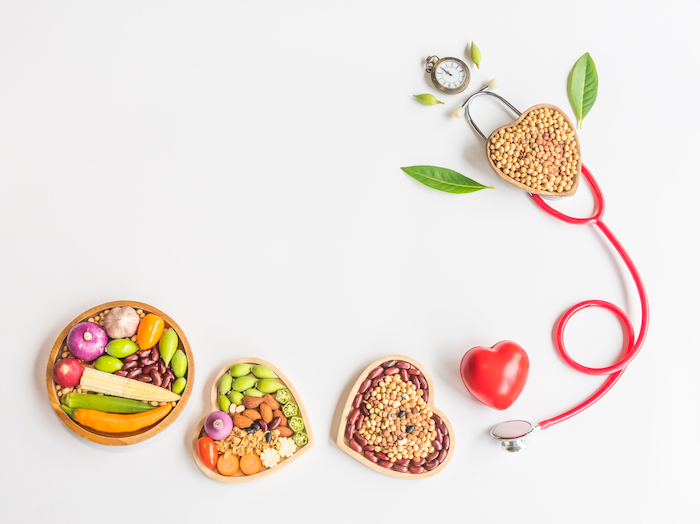Fall Into Heart-Healthy Habits This September
September Newsletter
Manage Your Cholesterol With Healthy Habits
We hear a lot of buzz about lowering cholesterol levels, but what does this really mean? The Centers for Disease Control and Prevention defines cholesterol as a “waxy, fat-like substance made by your liver” essential for digestion, hormone production, and ensuring that your body functions properly.
However, too much cholesterol significantly increases your risk of heart disease and stroke. In honor of National Cholesterol Education Month, check out the CDC’s tips for maintaining healthy cholesterol.
- Watch What You Eat – Foods high in saturated fat are a source of high cholesterol. Instead of opting for fatty foods, choose meals high in fiber and low in sodium and sugar. A healthy diet is crucial to managing your cholesterol.
- Maintain A Healthy Weight – Excess body fat directly correlates with high cholesterol and other harmful health complications too.
- Get Plenty Of Exercise – Regular physical activity not only makes you feel good, but can help you achieve a healthy weight and keep your cholesterol levels in check.
- Avoid Smoking And Excess Alcohol Consumption – Positive lifestyle habits can help reduce your risk of disease. Tobacco use and alcohol use are proven to raise cholesterol and triglyceride levels. If you are a smoker, consider seeking help to quit.
Prevent Illness With Proper Food Safety Practices
To enjoy food to its fullest, without the risk of food-related illness, it’s important to prepare and store your meals properly. September is National Food Safety Education Month, and the CDC recommends the following tips the next time you cook!
- Most of us know to wash our hands before handling food, but it’s just as critical to disinfect other things that will touch your ingredients. This includes thoroughly cleaning countertop surfaces, cutting boards, and utensils.
- Keep raw meat and eggs away from cooked items and produce, as they can spread germs. When grocery shopping, keep raw meat in a separate bag so that it doesn’t come in contact with other food during the drive home.
- Avoid salmonella, found in uncooked eggs, chicken, and even vegetables. Reduce your risk for this by cooking foods at an appropriate temperature and storing meals properly as well.
- Refrigerate perishable foods right away, including leftovers. Foods that sit out too long can quickly expire and lead to food poisoning.
The CDC also notes that people with weakened immune systems (such as those with diabetes) may be more susceptible to severe food-related illnesses. Watch this video from the Mayo Clinic to learn about fruit and veggie safety!
How Are Cholesterol Levels Tested?
Routinely checking your cholesterol levels is recommended for adults. It is important to have your levels checked more frequently if you have high cholesterol.
- LDL Cholesterol – This test measures the “bad” cholesterol. The more of this you have, the higher your risk for heart disease and stroke.
- HDL Cholesterol – This test measures the “good” cholesterol. High levels can reduce your risk for heart disease and stroke.
- Total Cholesterol – This test measures the total amount of cholesterol in your bloodstream, including LDL and HDL.
- Cholesterol Ratio – This is your total cholesterol divided by your HDL. The higher your ratio, the higher your risk.
World Heart Day Is September 29 – Give Your Heart Some Love!
Follow these lifestyle practices to keep your heart healthy and reduce your risk for dangerous heart disease (MedlinePlus).
- Manage healthy cholesterol, blood pressure, and triglyceride levels
- Maintain a healthy weight
- Eat a nutritious diet
- Get enough sleep
- Exercise regularly
- Limit alcohol consumption
- Avoid smoking and tobacco use
Keeping up with your annual wellness exam is a great way to monitor your heart health!
Do you know a company or organization that would benefit from working with Empower Health?
Contact sales@empowerhealthservices.com


